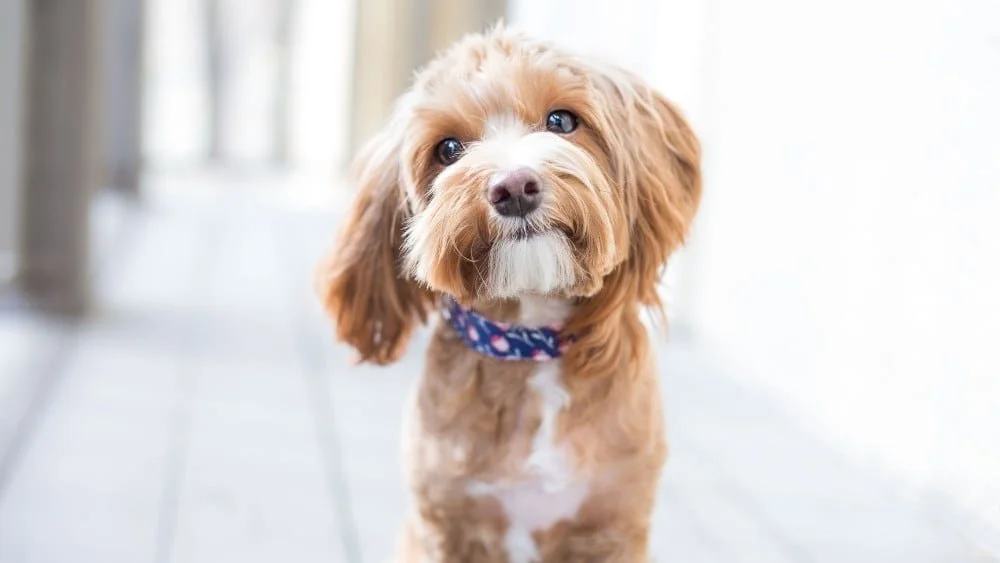How to Potty-Train a Puppy
There are two major things to remember when it comes to potty-training your puppy. First, the relationship that you have with your puppy is going to be the most important factor when it comes to potty-training successfully. Potty training, and any training for that matter, will go a lot smoother if your puppy knows that she can trust you. Second, consistency is key! The more consistent you are with rewarding good behavior and sticking to your routine, the quicker you will have a potty-trained pup. Here are a few guidelines that will help you house-break your new furry family member.
Routine
Establish a good routine from the get-go. When you first bring your new puppy home, introduce him to the spot in which you want him to potty. Take your pup to that spot every time you go out to go potty. Eventually he will make his way to that spot on his own, but until then, physically take him, on a leash, to his new special “potty place”.
When taking your pup to go potty, use designated potty words, such as “go potty”, “potty”, etc. If used consistently, your pup will quickly associate those words with going potty and she will know that when she hears those words, it’s time to do her business.
A consistent feeding schedule will help your puppy regulate his potty schedule. When puppies are young, it is recommended to feed them 3 small meals per day. Take your puppy out to go potty after every meal. Remove his WATER BOWL a couple of hours before it’s time for bed to avoid accidents and potty trips during the night.
You will want to take your new puppy out to go potty frequently. At the beginning, taking him out every 30 minutes is a good idea, unless he is sleeping. Gradually increase the time in-between outings. Eventually, every 2 hours will be sufficient. Be sure to take your puppy out right when they wake up from naps and nighttime. During the night, if your puppy wakes to go to the bathroom, do not make potty time exciting or fun; keep it quick and go right back to bed after successful elimination.
In the first few weeks with your new furry friend, be mindful and pay attention to the signs your puppy gives you when she has the urge to potty. Sniffing, circling, and barking/whining are indications that there is no time to wait and your puppy needs to relieve herself. Being aware of these signs will save you frustration associated with messing in the house.
Reinforcement
It is never a good idea to scold or punish when your puppy has an accident in the house. Your puppy is learning and will pick up good potty habits a lot faster when good behavior, such as going outside in their designated spot, is reinforced. After your puppy goes potty, immediately reward her with a small, high quality treat, along with some over-the-top enthusiastic verbal praise. In other words, make it a big deal…every time! Eventually you will not need to use the treats and praise will be sufficient. But until then, be very watchful and consistent with rewarding good potty habits. When inside, if you catch your puppy in the act, say “no” and take your puppy outside to finish her business and then reward her. Leave it at that.
See below for some of our favorite training treats. Cooked chicken and tuna are also easy and high quality foods that your puppy will probably love.
Extra Helps
CRATES might be the most useful tool you have in your house-training arsenal. A crate gives your puppy a safe place and a place to call his own. It also provides you a place to contain your puppy when you cannot supervise him. Your puppy doesn’t want to lie in his mess, nor do you want him to lie in his mess. Make sure the crate is the correct size: large enough for him to stand, turn around, and lie down, but not big enough that he will want to do his business on the other side of the crate where he doesn’t sleep. When your puppy does not want to be in his crate, do not give him free reign of the house. Start with small spaces and once he has proved that he won’t mess in that space, gradually make it bigger.
We have found that a “notification system” is quite helpful when house training a puppy. Some puppies catch on quickly that whining or a quick bark at the door will alert their parents that they need to pee, but others take their sweet time. BELLS or a DIGITAL ALERT SYSTEM can be very helpful for these puppies. It takes just a day or two to teach them that ringing the bells will get the door opened. When using bells, or something like them, your puppy will inevitably make the connection that she will get to go outside when she rings them-even if she doesn’t need to go potty. Keep this in mind when implementing this kind of system into your training.
When your puppy does have an accident in the house, use an ENZYME BASED CLEANER. This will remove the odor and will deter him from messing in that same spot again.
Be Patient!
Keep in mind that every puppy is different and will learn at a different speed than another puppy. It is almost a guarantee that you will get frustrated and that you will clean up a mess or two (or three), but with consistency and a good load of patience, you will soon not have to worry about cleaning up messes from your house-trained pup!








